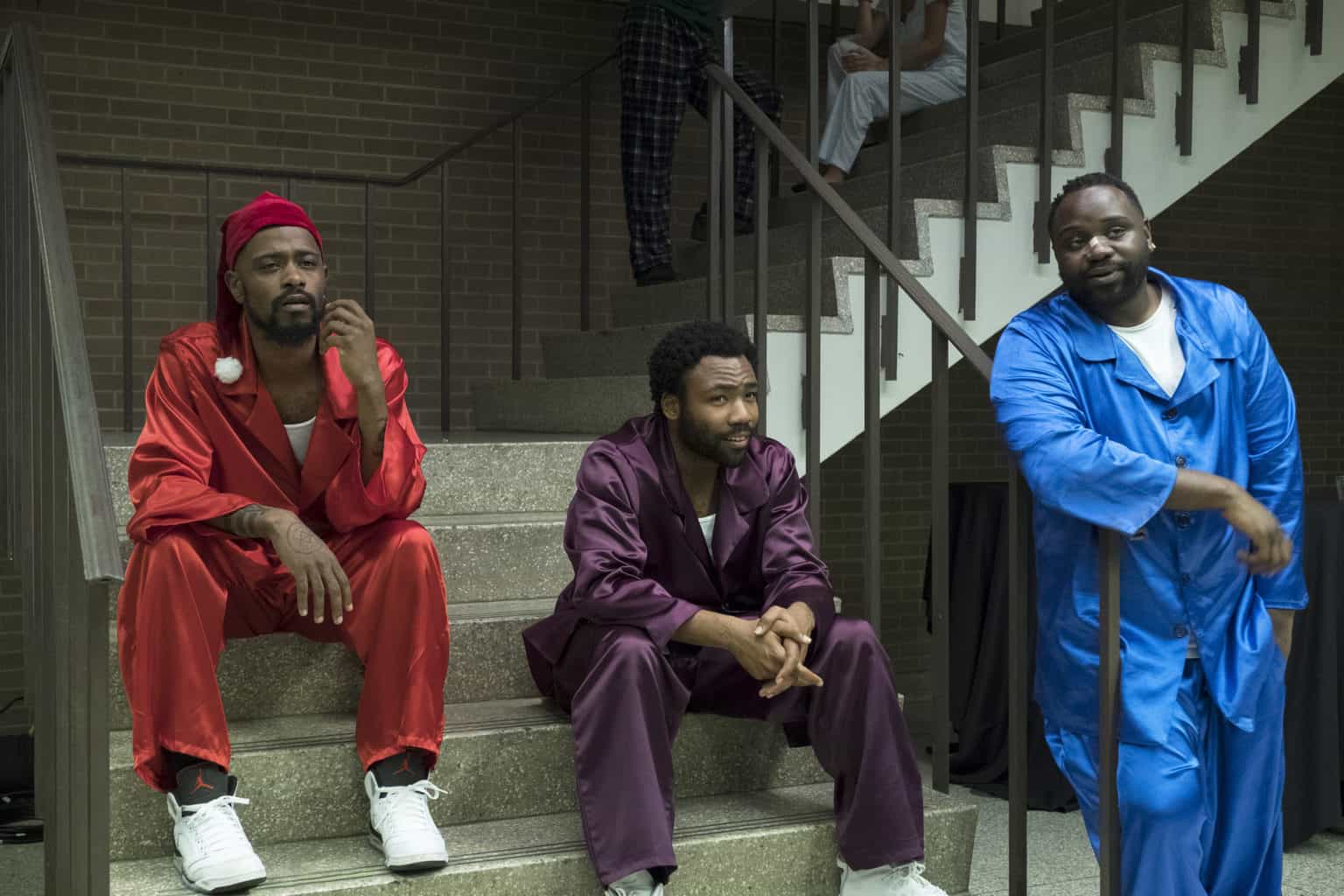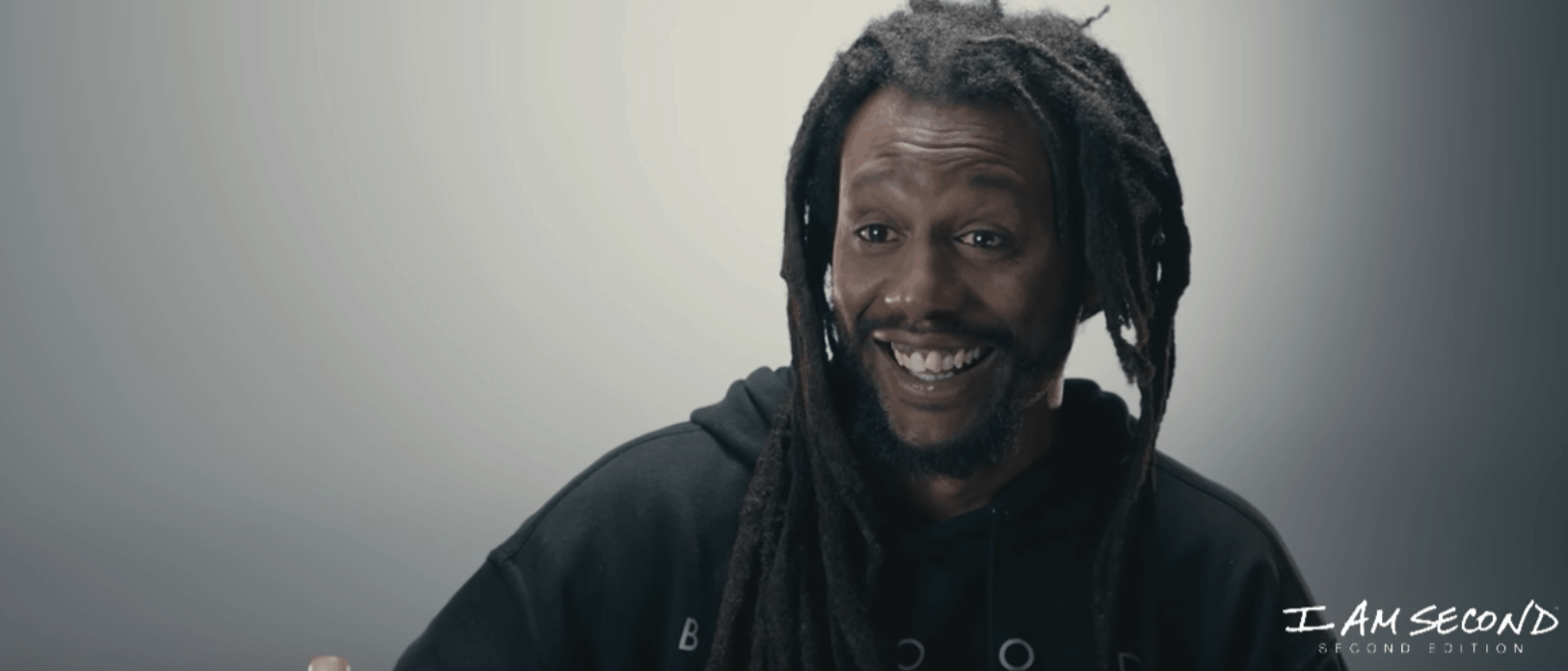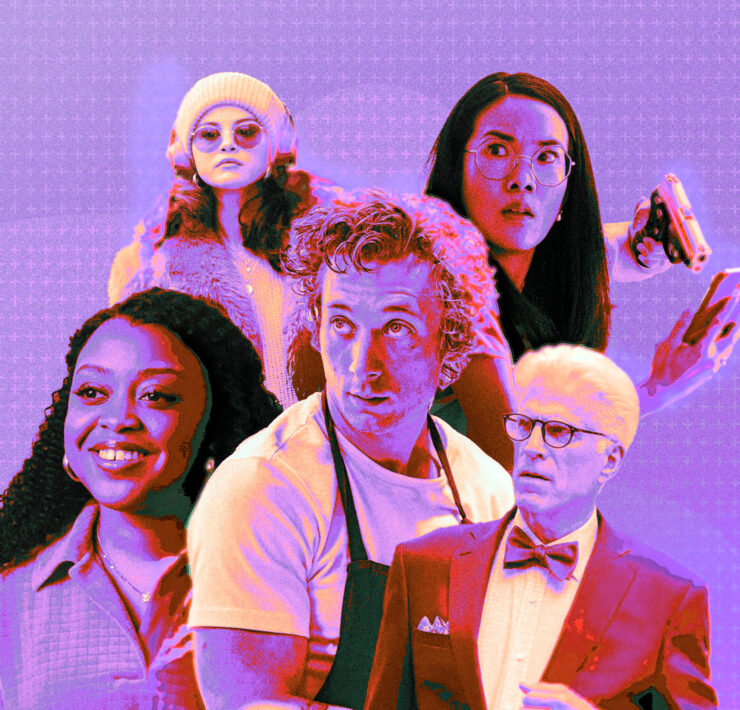
*SPOILER WARNING FOR THE SECOND SEASON OF ATLANTA*
This season of Atlanta has existed upon an undercurrent of tension, marking it as implicitly, if not explicitly, different from season one. Atlanta used to be a good time, a prestige comedy whose dynamism made for electric surprises that provoked you to raise your eyebrows and laugh with an open mouth. It was a fun hang.
Season two still carries Atlanta’s distinguished creative spark, but the current beneath the show is decidedly more apathetic and melancholy. The cackle has become a deep, aggravated sigh, and that’s due to character development that’s pulling Atlanta’s centric gang further and further apart. You don’t laugh as much when you’re alone. Instead, you start thinking more and more about your own dissatisfactions.
The long arc of Atlanta’s second season has been the steady falling-out of Donald Glover’s Earn, Brian Tyree Henry’s Paper Boi, Lakeith Stanfield’s Darius and Zazie Beetz’s Van. While season one thrived upon different combinations of the four, reveling in their interplay, season two has seen more episodes devoted to solo adventures: Van’s search for Drake in “Champagne Papi,” Paper Boi’s haircut tagalong in “Barbershop,” and—most memorably—Darius’ hellish brush with the upper class in “Teddy Perkins.” These episodes will, and should, persist as some of the best of the year, but their secondary purpose has been to underscore the inevitable dramatic turn of the show’s main story: The gang is starting to separate.
It’s a smart way to tie the show’s structure, which has always been flexible, to the show’s plot, which has always been loose. By placing all the characters within their own stories, the show has effectively telegraphed their split. We know they have lives apart from one another, and while we might wish for more episodes like season one’s delightful Earn and Darius team-up “The Streisand Effect” or the cringey but warm Earn and Van romance “Juneteenth,” we can prepare for a version of Atlanta that looks more fragmented than ever. All the group episodes of season two, like Earn and Van’s “Helen” or the male trio’s “North of the Border,” have been tough rides anyway. We’re watching people fight, feud and break it off.
In season two’s ninth episode, “North of the Border,” Atlanta showed us the breaking point between Earn, Paper Boi and Darius. The end of the episode brought verbal and physical beatdowns. For these guys, their personal ambitions have entered irreconcilable conflict with their interpersonal relationships. Paper Boi wants to grow as a musician, but Earn’s lack of experience is holding him back. Earn wants to assert himself as a useful, self-made man, but the divergent perspectives of his friends drive him nuts. Van wants steadiness and esteem, but Earn’s non-committal attitude sandbags her determination. These people don’t complement each other, but they’re also not willing to compromise.
In Plato’s dialogue Lysis, he asserts that friendships need two things to survive: goals and challenges. A friendship without shared goals has nothing to aspire to or work toward, and that makes the relationship stagnant. A friendship in which no one challenges anyone else kills growth, because disagreement and and debate is how we learn to empathize with another person. In Atlanta, the characters challenge one another, but their goals are selfish and contained. No one tries to contribute to the betterment of anyone else.
Even in situations that could be mutually beneficial, like Earn and Van raising their daughter together, or Earn and Paper Boi navigating Paper Boi’s rap career as manager and artist (noticing a pattern?), the characters are immovable. Earn won’t take Paper Boi’s input on any logistical decision, and he won’t meet Van halfway amid their struggling family. Paper Boi, for his part, is impatient with Earn’s treatment of his career, and Van sets unrealistic goals for a lifestyle Earn can’t provide. No one’s realistic, no one’s cooperative, and in the absence of that mutuality, the challenges break the friends apart instead of shoring them up.
And all this takes place within, of course, Atlanta itself, which is the pressure cooker that all these ingredients (characters) sit inside episode after episode. In this community, there’s an emphasis on origins, on roots, on keeping it real. Identity in this show is cemented in where these people come from, even if they fight against that cement all the while. It means that no matter how successful Paper Boi becomes, a part of him is going to be obligated to Earn and Darius and Van and the array of couch-riders who come through his shadowy living room. It means as Van tries to transcend her circumstances, she’s always going to wrestle with how her daughter relates to the city where she was born. It means as Earn looks to prove his worth, he’s going to reckon with people other than himself.
As those pressures accumulate on Atlanta, the web of questions becomes complicated and tangled. Our friendships are hard to tease out from our communities. Our personal ambitions are hard to tease out from our friendships. Our achievements change how we relate to the people and the city around us. What looks idyllic and tight in one moment—“We’re friends now”—looks frayed and awful in another—a curbside fist fight.
Atlanta is the best half-hour on TV, but we’re watching our friends break up, and the future of the show looks as murky and bleak as ever. It’s painful, but the hurt means it’s real. Atlanta has changed, because people change, too.























